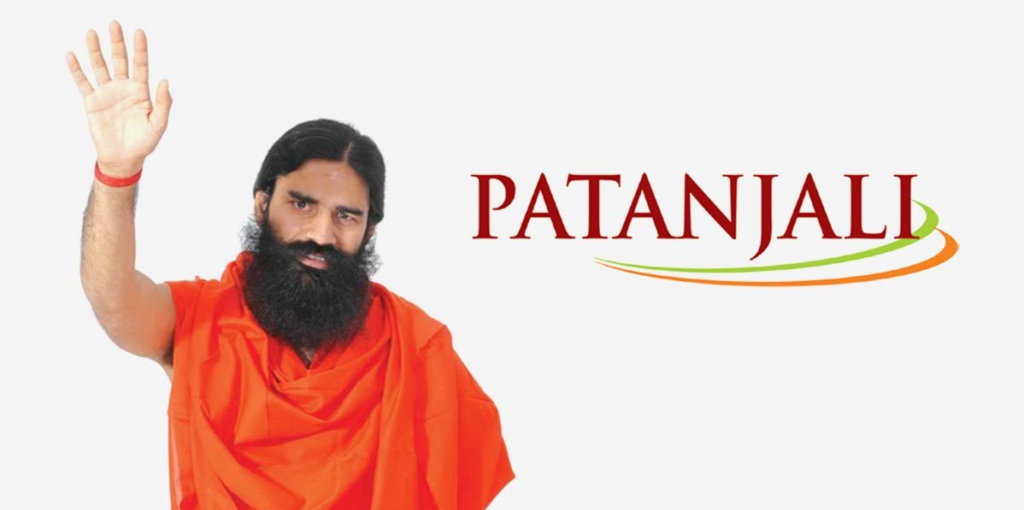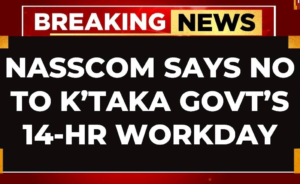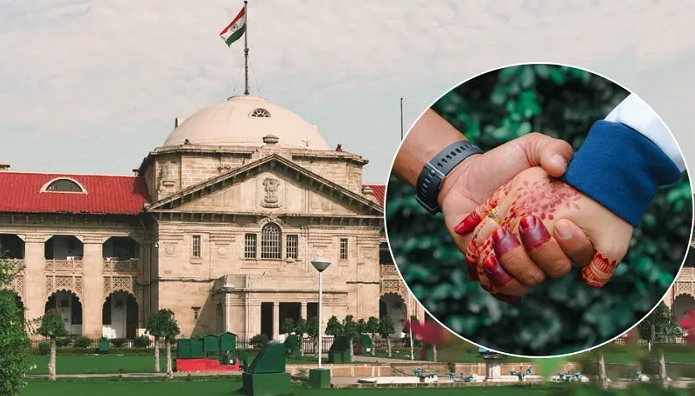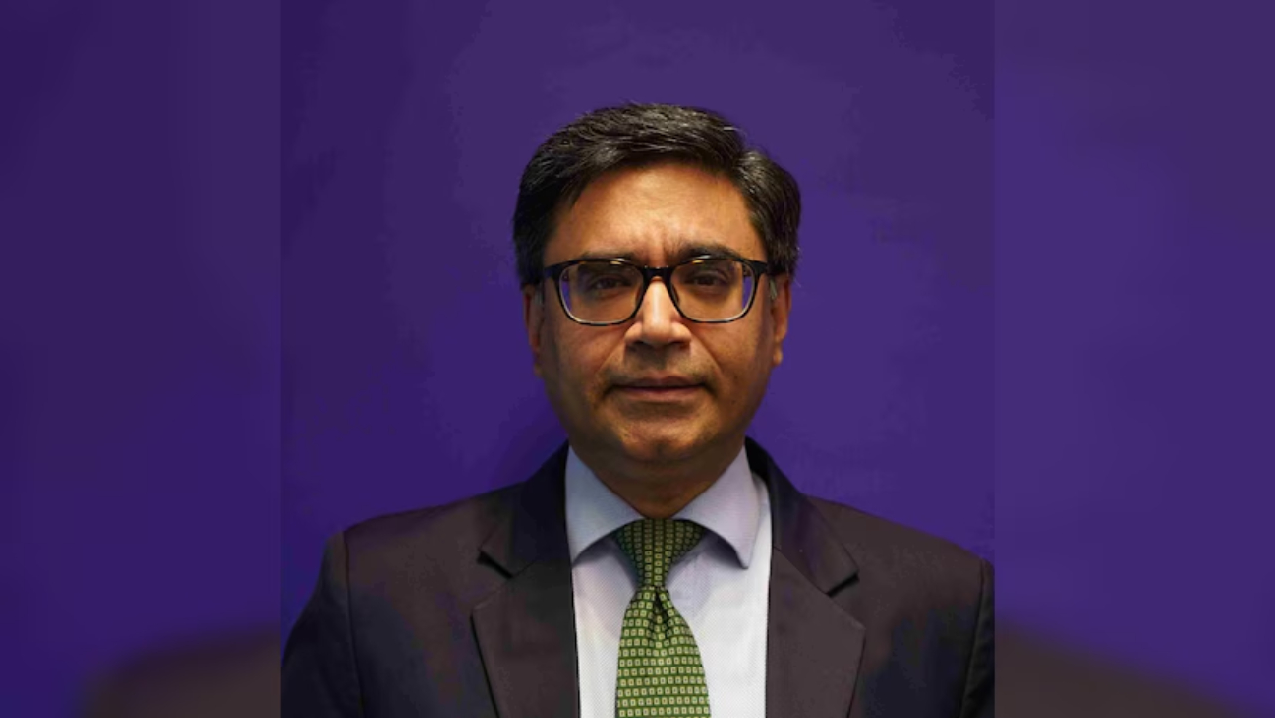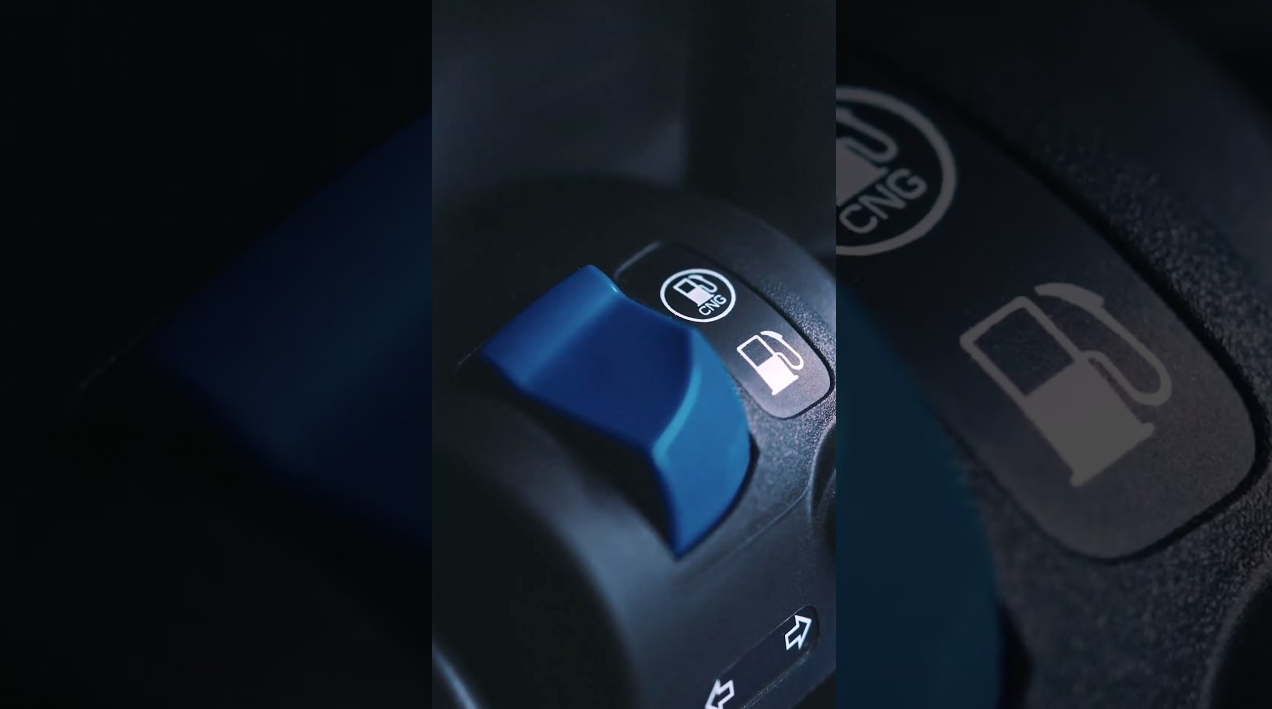The Supreme Court has once again refused to accept an apology from Patanjali Ayurved’s Baba Ramdev and Acharya Balkrishna in a contempt case against them for allegedly misleading advertisements. The court warned the duo to be prepared for further action, criticizing their attempt to downplay the issue.
This ongoing saga stems from accusations that Patanjali advertisements disparaged modern medicine and Covid-19 vaccines while making unsubstantiated claims about their own products. In November 2023, Ramdev and Balkrishna assured the court they would refrain from such practices. However, the court later found evidence of a December 2023 advertisement that violated this undertaking.
Facing contempt charges, Ramdev and Balkrishna submitted an “unconditional apology” affidavit. The court, however, deemed it insufficient. They pointed out the apology seemed reactionary, coming only after being caught, and criticized a premature media release of the apology. The court expressed concern about the potential health risks posed by misleading advertising in the FMCG (Fast Moving Consumer Goods) sector.
This recent development suggests the Supreme Court is taking a strong stance against misleading advertisements, particularly those that could undermine public health efforts. The court’s refusal to accept the apology keeps the contempt case alive, and further action against Patanjali and its representatives remains a possibility.
Contempt Plea against Patanjali
The contempt plea against Patanjali and its top executives will now proceed to its logical conclusion. The court’s firm stance underscores the importance of adhering to court orders and maintaining integrity in advertising practices. Patanjali’s attempt to offer an apology without genuine remorse has not been well-received by the judiciary.
As the legal battle continues, the message from the Supreme Court is clear: misleading advertisements will not be tolerated, and those responsible will be held accountable.
Disclaimer: This article is based on factual information available from reliable sources and does not constitute legal advice.


